We’re all bored out of our skulls in isolation. There are some great options to kill time, like planning out your life goals, improving certain skills, building relationships — but let’s be real: that’s lame and boring. But never fear! Put that brain back into your skull because now’s the perfect time to pick up a book (remember books?). Here at The Cascade, we love to get lost in the world of fiction (or nonfiction if you’re one of those people) and want to share some of our personal favourites with you.
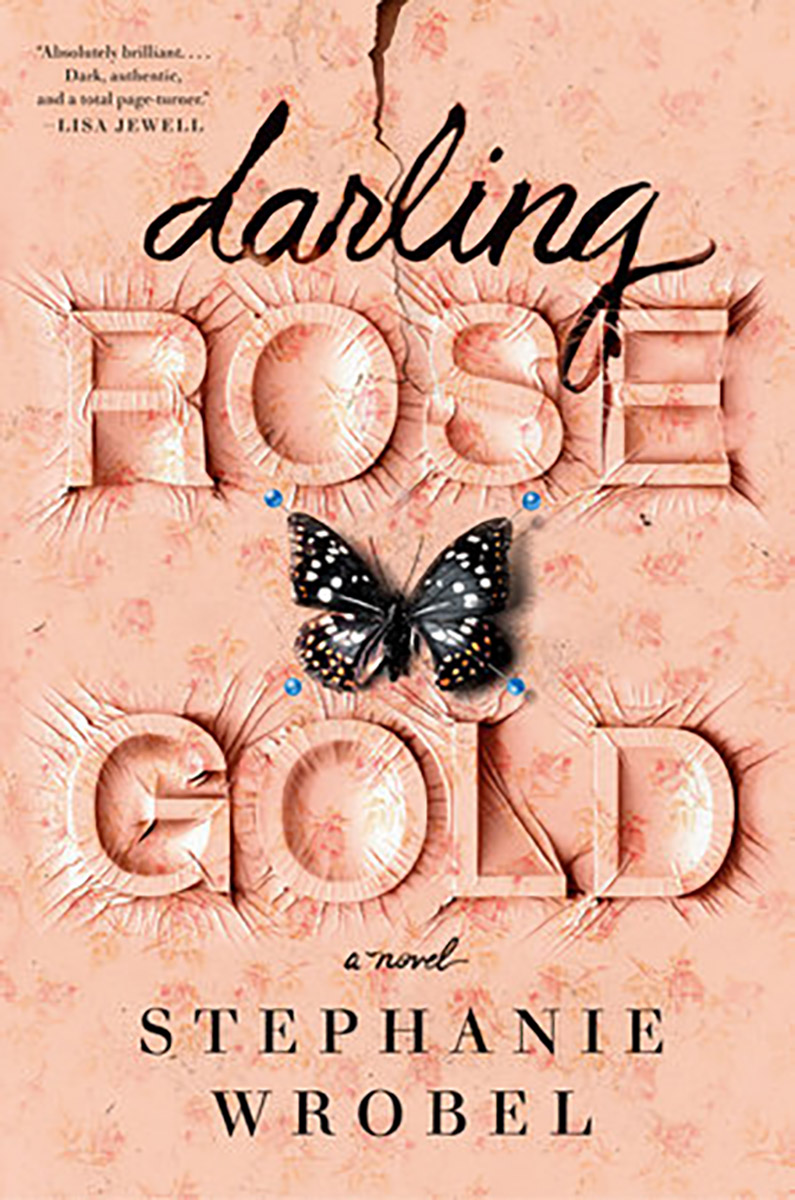
Carissa’s Corner
My pleasure reading is very different from class readings: no Austen, Dickens, or Hemingway, just newly released fiction with splashy covers and less than 350 pages. I don’t dislike the classics; it’s just that I’m not necessarily going to read Anna Karenina instead of ripping through Too Hot To Handle. Contemporary fiction provides the thrills and joys that keep me entertained and away from Disney+ that the classics just can’t do for me.
My top pick from my quarantine reads is Darling Rose Gold by Stephanie Wrobel. It’s a slower-paced psychological thriller about a mother convicted of abusing her child for 18 years. The book follows the aftermath of her arrest and includes some intense mind games. Get a copy now.
The Shape of Family by Shilpi Somaya Gowda is a heartwarming read that still kept me on the edge of my seat. The story follows a family of four as they grieve for their son who died tragically at a young age. Throughout the novel we see how each family member deals with his death as well as how they deal with the death together. I read this book in one day; it was that good.
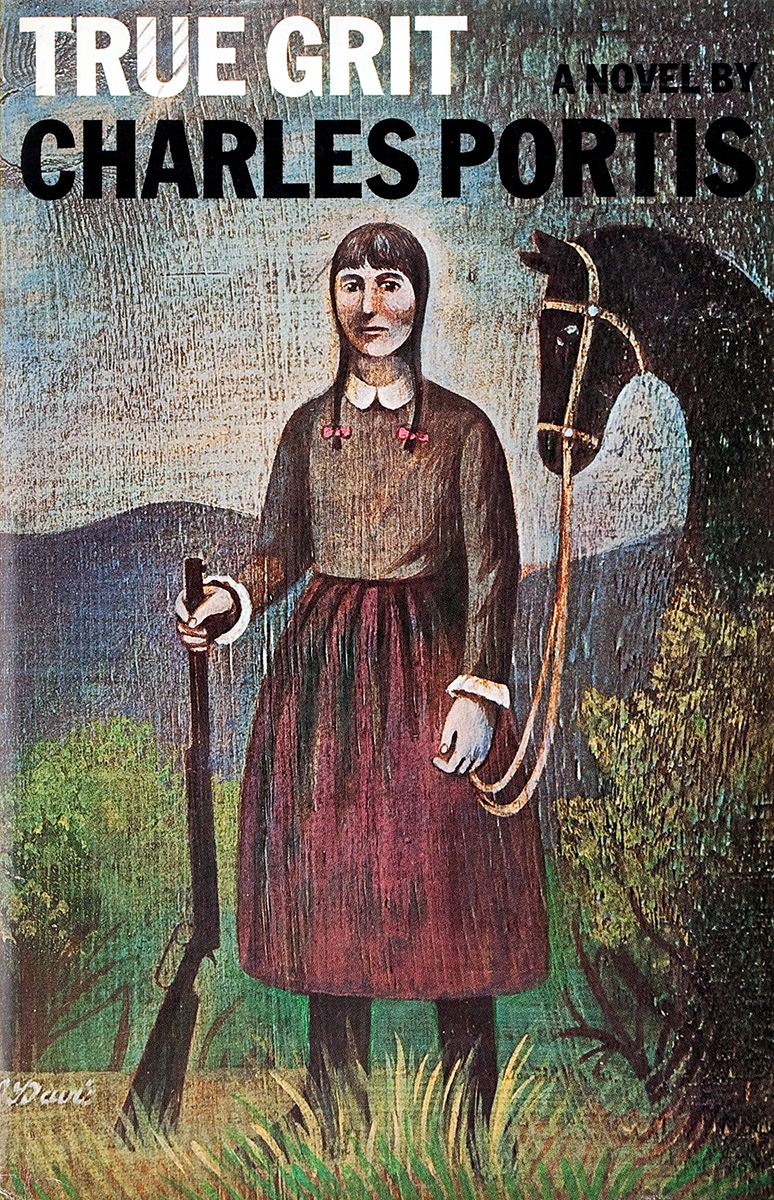
Mikaela’s Musts
Did you know that reading out loud isn’t just for little kids? In the early days of books, reading aloud was a prime form of entertainment, even for solitary readers. My favourite book to read to myself is True Grit by Charles Portis. First published as a serial in 1968, it follows the journey of 14-year-old Mattie Ross through the American West in 1873 as she seeks revenge for the death of her father. Mattie is unsentimental and driven by a cold, raw anger at the same time as she is naive and precocious — and a hilariously sarcastic narrator. Stepping into her shoes is a joy — especially if she’s out scouring the mountains of Oklahoma for justice while you’re scouring the back of your pantry for the last graham cracker.
If you’re looking for something more contemporary, Michael Chabon’s speculative novel The Yiddish Policemen’s Union asks the question, “What if the U.S. had accepted Jewish refugees during World War II?” The answer? “It would have given them a lease of a large district in Alaska, and in 2007 a homicide detective would have to race to solve a murder in the few weeks before the district returned to being property of the United States, getting swept up in an international conspiracy in the course of the investigation.”
With narration that will make you fall in love with a hardboiled, alcoholic cop by the third page and dialogue as rhythmic and witty as The Marvelous Mrs Maisel, The Yiddish Policemen’s Union is a fantastic story told by grounded characters. If you like murder, intrigue, broken men, and interlingual puns, this is the companion for you while you wait for the May flowers allegedly on their way to replace our April showers.
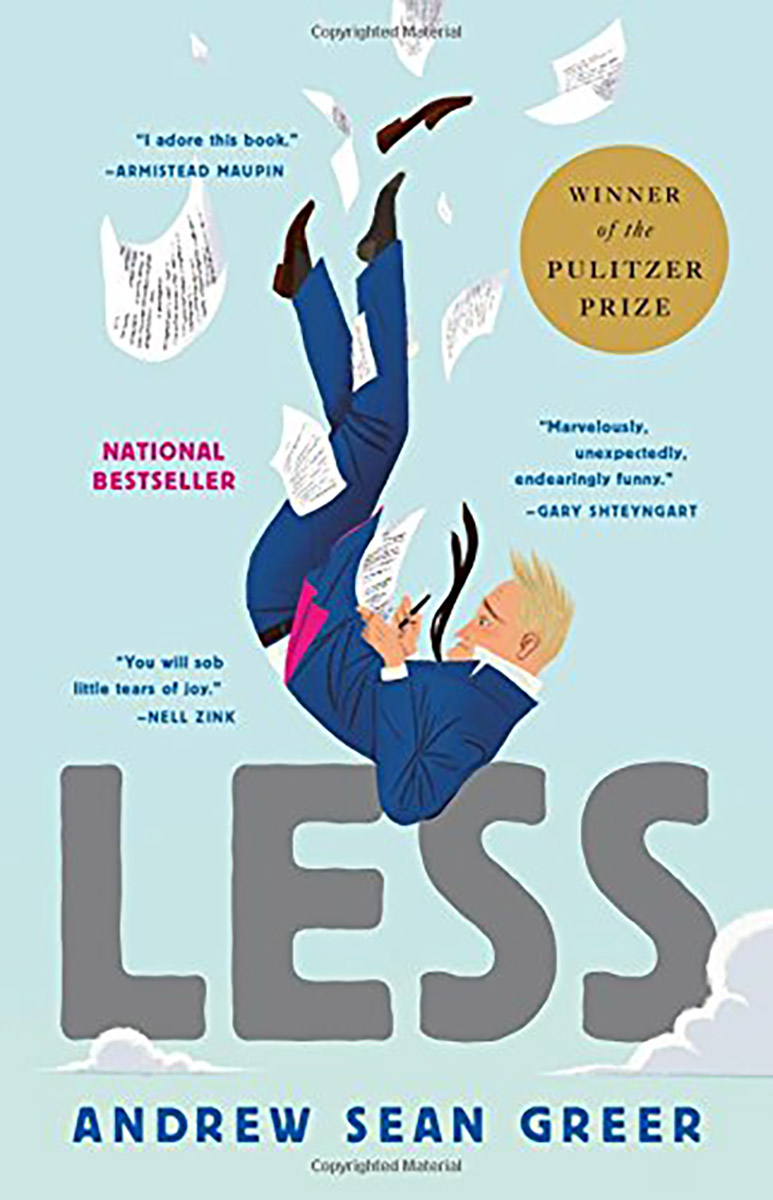
Nadia’s Nook
In these times of isolation and danger, why not read about more isolation and danger? With Tana French’s Broken Harbour, you can get deeply invested in the murder of a family in an isolated community and the adverse affects isolation had on their mental well-being — which is not a parallel to how any of us are feeling whatsoever! While this is actually the fourth book in French’s Dublin Murder Squad series, and I would normally recommend reading them in order, since each book has a different protagonist who is introduced earlier in the series, this one is the most relevant. I first read it while cat-sitting alone in a townhouse, which I have to recommend as the ideal immersion experience if you want to feel like a stranger is in the house with you!
If you’d rather escape the current situation, preferably via pretending travel is still an option we have, try Less by Andrew Sean Greer. If you, like protagonist Arthur Less, long to escape your problems (or an invitation to the wedding of an ex you’re still in love with) by running off to tour half a dozen countries in a matter of months, at least you can get immersed in someone else’s travels when you can’t have any for yourself. I have described this book as “soul-warming” before. It also made me cry.
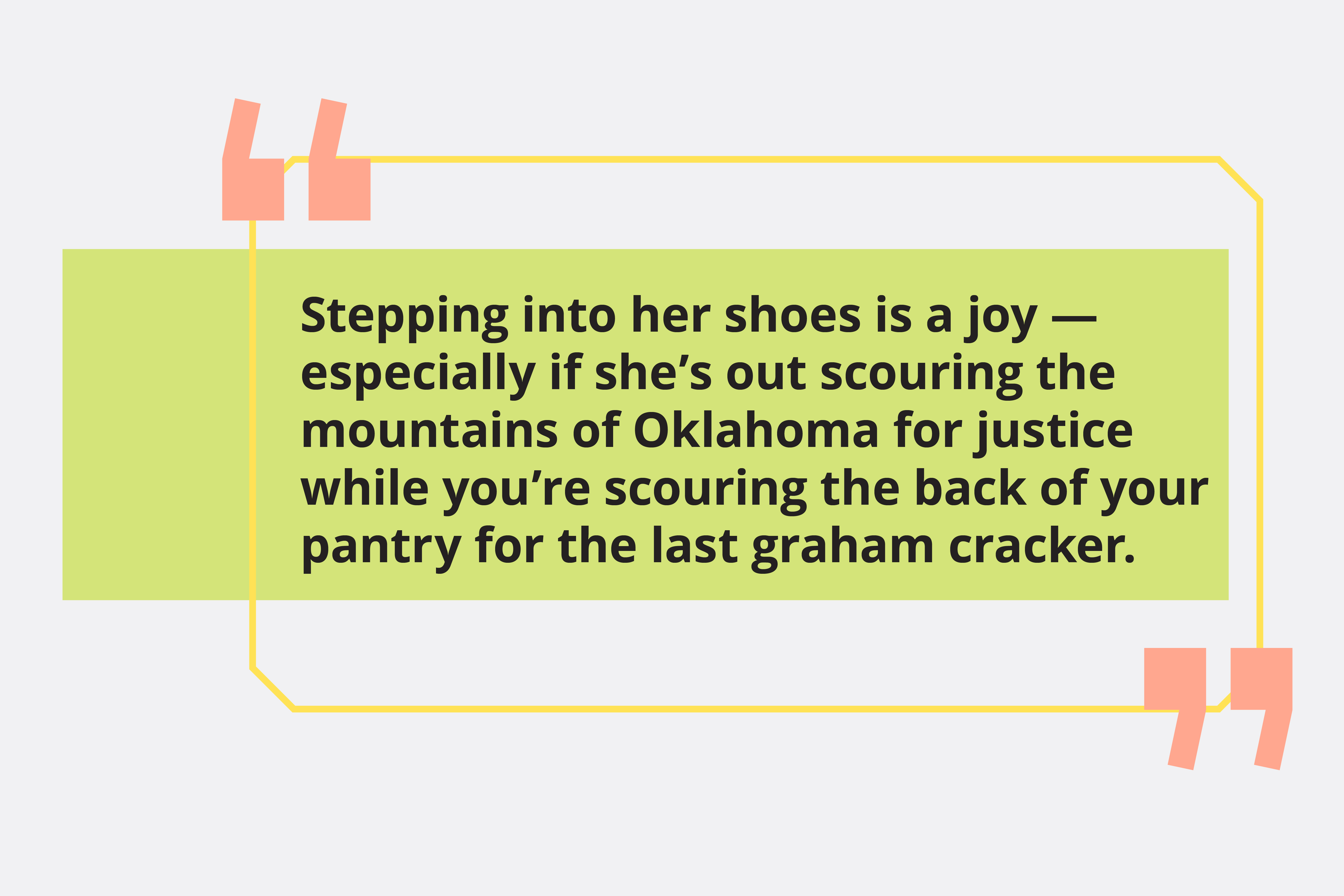
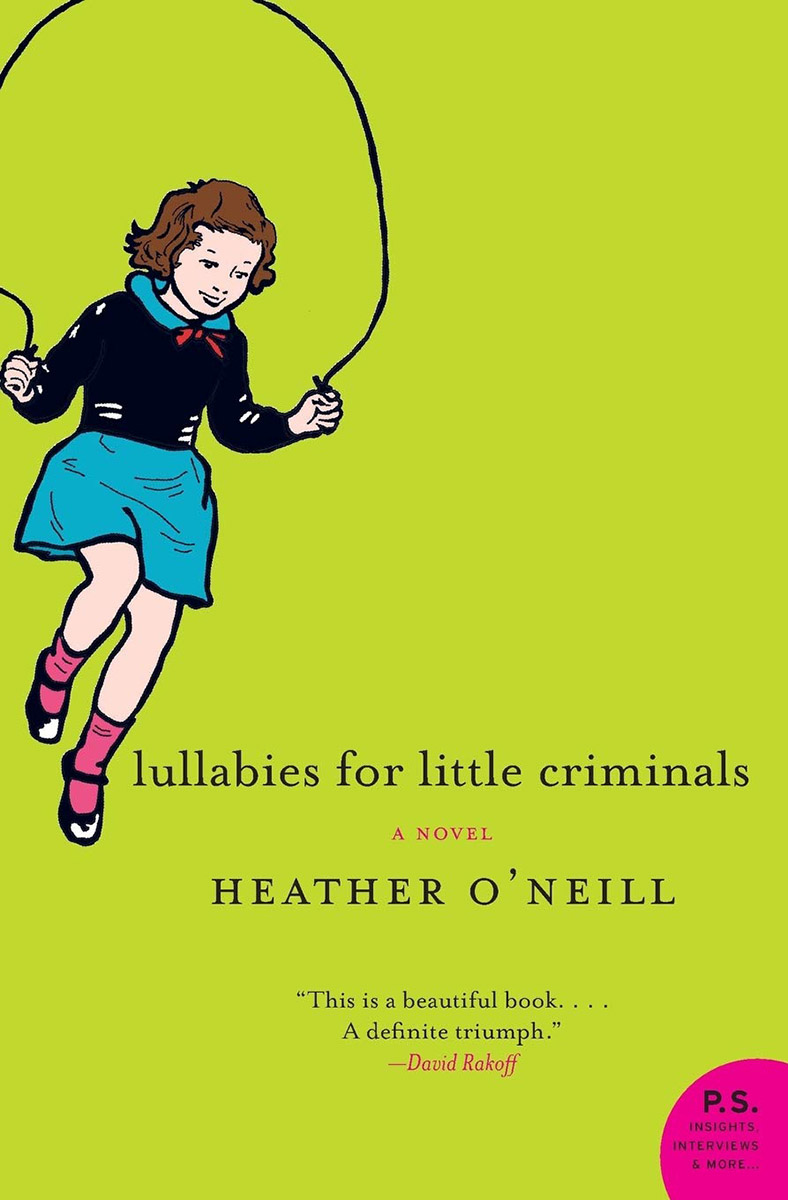
Darien’s Deep Dives
One Hundred Years of Solitude by Gabriel Garcia Marquez, a Nobel Prize-winning Colombian author, was recommended to me by a friend around this time last summer. I binged it in about a week. It was a haunting, well-crafted display of magical realism. It was first published in 1967 in Argentina, and was later translated into English in 1970. Contrary to its title, it’s not really about solitude — at least not in an individual way. It is about a fairly isolated town in Latin America called Macondo, and journeys readers through several generations of the Buendia family as the town shifts and culture changes. I’ll be frank — some people hate this book and cannot keep up with its complicated family history where multiple members of the family carry the same name. I admit I was kind of confused at some points; but the enchanting, quirky, and strange stories just kept me reading. By the time I finished the book, something about how I looked and thought about life changed, and though I was left feeling slightly confused, the book stuck with me. It speaks to so much that is raw and wonderful in human nature, and contains some of the most real characters I’ve ever read in a book — Marquez shows incredible insight into society, people, and family dynamics. This is one that can be read over and over again, and might just be the perfect thing to occupy your mind during isolation.
If you’re more into depressing, dark tragedies about traumatic childhoods (like myself) then Lullabies for Little Criminals by Heather O’Neill is the perfect book for you. O’Neill is a Montreal-born author who usually bases her books in Quebec, giving readers a glimpse into French Canadian culture and history. In Lullabies, she follows Baby, a little girl growing up with a young, single, heroin-addicted father. She goes through tragedy after tragedy and is failed by the grown-ups in her life, until she meets a local pimp and falls under his spell. This book is dark, gripping, and could definitely be read in two or three sittings. What’s great about it is that O’Neill is constantly contrasting the dark, dirty adult world with imaginative and innocent childhood. It is my favourite book of all time — O’Neill captures the confusion and sadness of growing up with an addict parent perfectly.
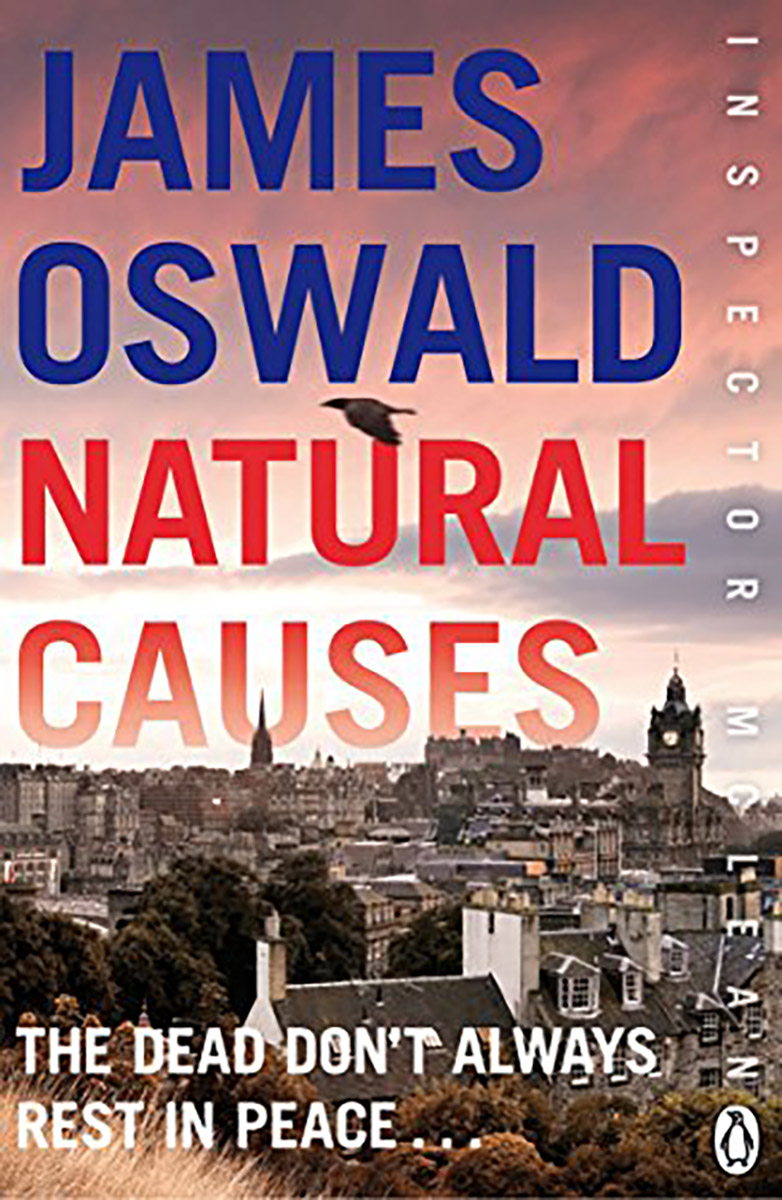
Elyssa’s Exclusives
Natural Causes is the first novel in an ongoing series by James Oswald, which follows the life and work of a fictional Edinburgh Detective Inspector Anthony McLean. In the first instalment of the series we are thrown into a world that, though strongly grounded in our reality, toes the line of the supernatural in a subtle yet satisfyingly unsettling way.
The recently promoted detective inspector has his work cut out for him. While the rest of the police department struggles to keep up with a series of brutal and seemingly random murders, McLean’s attention is pulled from the case by the surprise discovery of a young girl’s body, a victim of a ritual sacrifice some 60 years before. Despite the protests of his superiors and a growing sense of unease, or perhaps paranoia, he is determined to prove an outrageous and unorthodox theory that may link everything together.
This dark, suspense-filled novel goes above and beyond the usual crime procedural, introducing us to a cast of colourful and compelling characters that, by the end of it, begin to feel more like living, breathing people than words on a page. The core of the story may be the gritty and chilling murder mystery, but it is driven by these characters. It is through them that Oswald has crafted such an addictive series. With 10 completed novels in the series thus far, there is plenty of material to sink into and find distraction in for the months ahead.
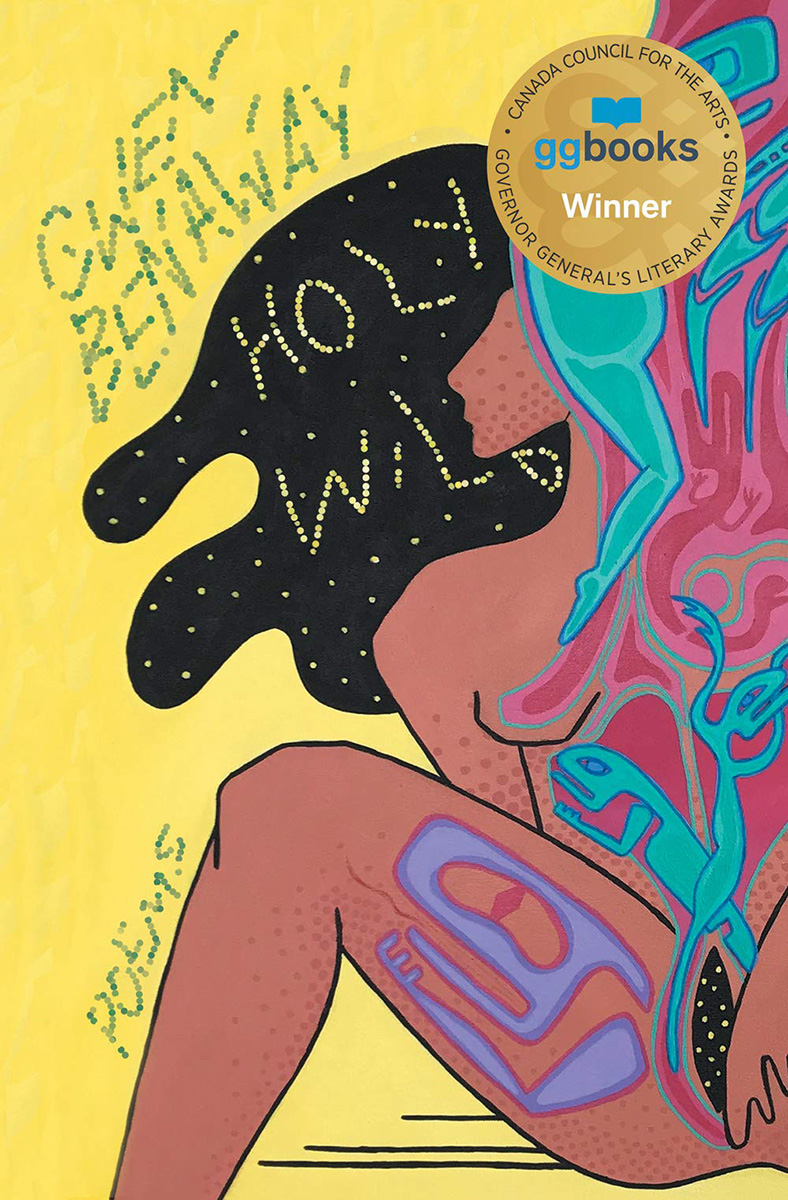
Chandy’s Chapter
If you want to broaden your horizons this quarantine, why not pick up some reads that are Indigenous, queer, or, better yet, both? It’s often said that people forget what you did, but they’ll never forget how you made them feel, and both these pieces pack a powerful punch.
Holy Wild by Gwen Benaway is a poetry collection that explores the emotional landscape of being an Indigenous trans woman in Canada. The vulnerability that Benaway shows in just the first few poems completely shook my world and had me close to tears in public. She isn’t afraid to speak her truth about sexual and romantic intimacy, body dysmorphia, or colonialism. This book truly feels like Benaway’s life shown bare, and it personally inspired me to the point where I was overflowing with ideas for creative work soon after finishing it. If nothing else, this book will expand your mind and soul, and you’ll walk away with having learned from the experiences of a talented poet.
Next, Jonny Appleseed by Joshua Whitehead follows similar themes. This time we follow Jonny, a two-spirit, Indigenous individual who’s desperate to escape his life on the reserve and move to the city. It’s a slice-of-life narrative that never has you on the edge of your seat, but it’s incredibly easy to read and full of honest accounts of queer romance, life on the reserve, trauma, and sex. Another interesting aspect of his life is that Jonny has to find his way, and that means becoming a sex worker who has to fetishize his race in order to get by. He reflects on this as he tries to raise enough money to travel back to his hometown for a funeral.
Jonny Appleseed won’t shake you to the core like Benaway’s poem anthology, but it will make you question what you know about the queer Indigenous experience. Surprisingly, Benaway also helped edit this book.
Illustrations: Anoop Dhaliwal/The Cascade
Book covers:
Darling Rose Gold by Stephanie Wrobel: Berkley
True Grit by Charles Portis: Simon and Schuster
Less by Andrew Sean Greer: Lee Boudreaux Books
Lullabies for Little Criminals by Heather O’Neill: Harper Perennial
Natural Causes by James Oswald: Penguin
Holly Wild by Gwen Benaway: Book*hug Press
Darien Johnsen is a UFV alumni who obtained her Bachelor of Arts degree with double extended minors in Global Development Studies and Sociology in 2020. She started writing for The Cascade in 2018, taking on the role of features editor shortly after. She’s passionate about justice, sustainable development, and education.

